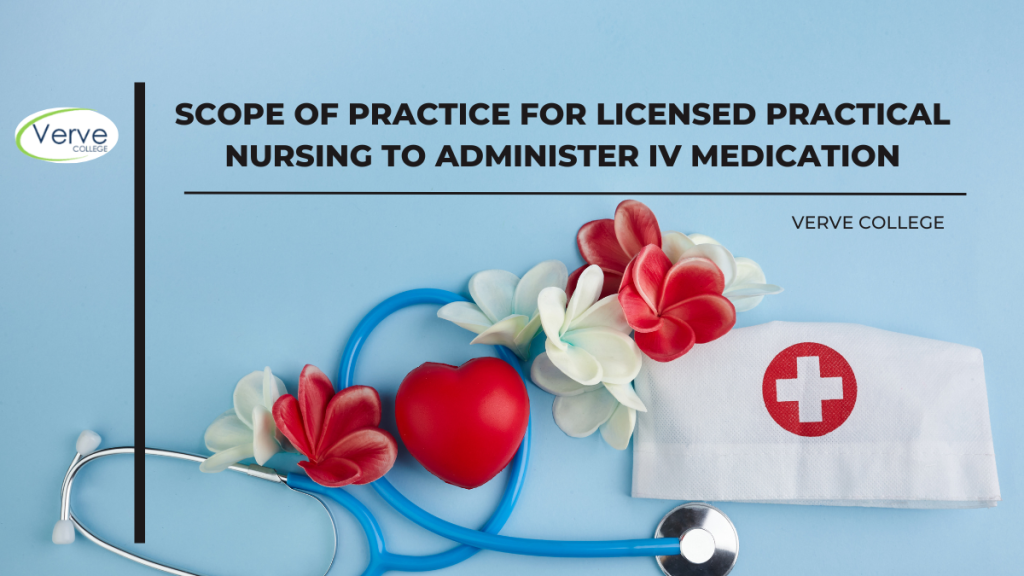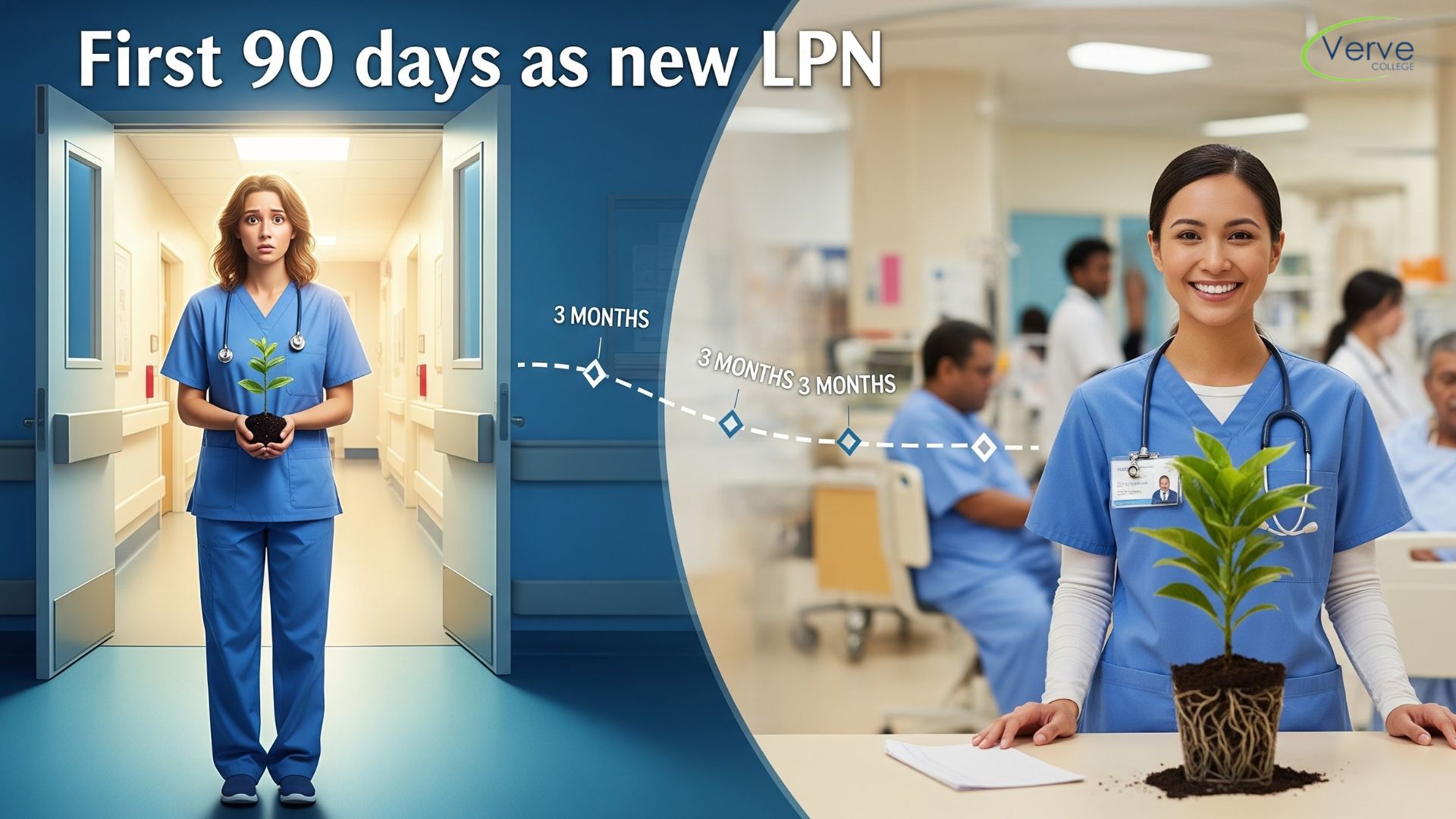- Oak Brook:(630) 705-9999
- Chicago:(312) 920-8822
- Email:inquiry@vervecollege.edu
- Make a Payment
- Home
- Programs
- Admission
- Resources
- ATI Entrance Exam Resources
- New E-Digital Library
- Refer a Friend
- School Newsletter
- Events
- Employers
- Job-Network
- Alpha Beta Kappa Candidates
- Verve College Library
- Graduation and Pinning Ceremony Photo Galleries
- Textbook Information
- Career Services
- Tutoring
- School Catalog
- FAQ
- Constitution Day Program
- Alumni
- Verve College Plans
- Financial Aid
- HEERF Reporting
- Satisfactory Academic Progress
- Apply For Financial Aid
- Net Price Calculator
- Return of Title IV Funds (R2T4)
- Financial Aid Office Code of Conduct
- Contact
- FAQs
- Verification Policy
- Vaccination Policy
- Student Right-to-Know Act
- Misrepresentation
- Information Security Program
- Academic Award Year
- Availability of Employee
- Cost of Attendance
- Health & Safety Exemption Requirement
- Students Rights and Responsibilities
- Leave of Absence
- Pell Formula
- Military Students
- Grants/ Scholarship Policy
- Contact Us
- Testimonials
- Blog
Is a Nursing Career Right For You?
Take The Free Quiz
Maximizing the Scope of Practice for Licensed Practical Nursing to Administer Iv Medication
Maximizing the Scope of Practice for Licensed Practical Nursing to Administer Iv Medication
A complicated world of rules and instruction exists in the field of nursing. Each nurse has a unique area of expertise, which could encompass all the attributes. Despite having fewer duties than a practical nurse, LPNs are essential in medical settings. Their prospective salary reflects the type of curriculum they studied in nursing school and they become a licensed practical nurse.
An example of a situation where an LPN’s authority is more constrained than a PN’s in the medical industry is when delivering intravenously. By earning their IV certifications, the LPN program can expand its scope of action in this circumstance. A larger income is not a guarantee of IV certification. But it can also increase their level of rivalry.
We Assumed LPNs Managed IVs
This is frequently the case. More states permit LPNs to deliver IV treatment during their training. It is imperative that you, as a nurse, follow hospital and state regulations. To administer and maintain IVs, however, an LPN may occasionally need to complete additional training. This article focuses on this.
What is IV Certification for LPNs?
LPNs who pass the exam and prepare for the IV certification can list it on their resumes. Certified practical nurses can add IV Therapy to their list of specialties. In turn, employers find them more desirable. If your state mandates IV certifications, they could also locate LPN opportunities and get nursing degrees in Illinois.
Related:- Common Misconceptions About LPNs
Where Can We Take the Iv Therapy Class for LPNs?
There is currently no standard or resource for LPNs regarding IV therapy and certification. While some states demand certification, others don’t. Some states require LPNs to complete an IV therapy program as part of their academic requirements, making the certificate unnecessary. Every LPN should visit their state board’s website before paying for a test and study materials in the nursing program.
A range of IV certification tools and IV therapy publications are available online. Many provide virtual or electronic possibilities. It includes two trustworthy sources for a degree in nursing license.
- Vascular Certification Corporation: For the VA-BCTM credential, VACC accredits LPNs and other clinicians. The exam is presented twice a year in different cities around the nation. They are authorized as Certifying Agencies by the National Commission. The certificate has a three-year shelf life.
- Certification for Intravenous Therapy: NAPNES is the National Association for Practical Nurse Education and Service. Only Castle Worldwide offers online testing for this licensing exam. For LPNs, the IV qualification is good for three years. Following that, the renewal will be necessary for medical professionals.
What Can an IV-certified LPN Do?
LPNs are involved in maintaining IV lines and work closely with them. They do everything from helping patients with beeping pumps to walking with poles. They may be able to flush IVs to prepare them for a PN administering IV medications. However, this is not always the case. Certified LPNs in IV therapy may be required to demonstrate competence in the following areas.
- They are identifying the function of electrolyte and fluid balance in homeostasis.
- Knowing the pharmacology behind IV treatment in healthcare professionals.
- Understanding of various IV fluids.
- Make use of IV pumps and other machinery.
- Calculating the infusion flow rate.
- Venipuncture.
- Identification of potential complications with IV therapy.
Where Can an IV-Certified Licensed Practical Nurse Work?
An LPN may be able to find travel nursing job options in acute care, long-term care facilities, home healthcare, or even other healthcare facilities after earning certification for intravenous therapy. To decide whether IV certification is right for you, you should examine your state’s scope of practice and the legislation that applies to your field and search for the best nursing schools in Illinois.
 Sign up
Sign up Login
Login




